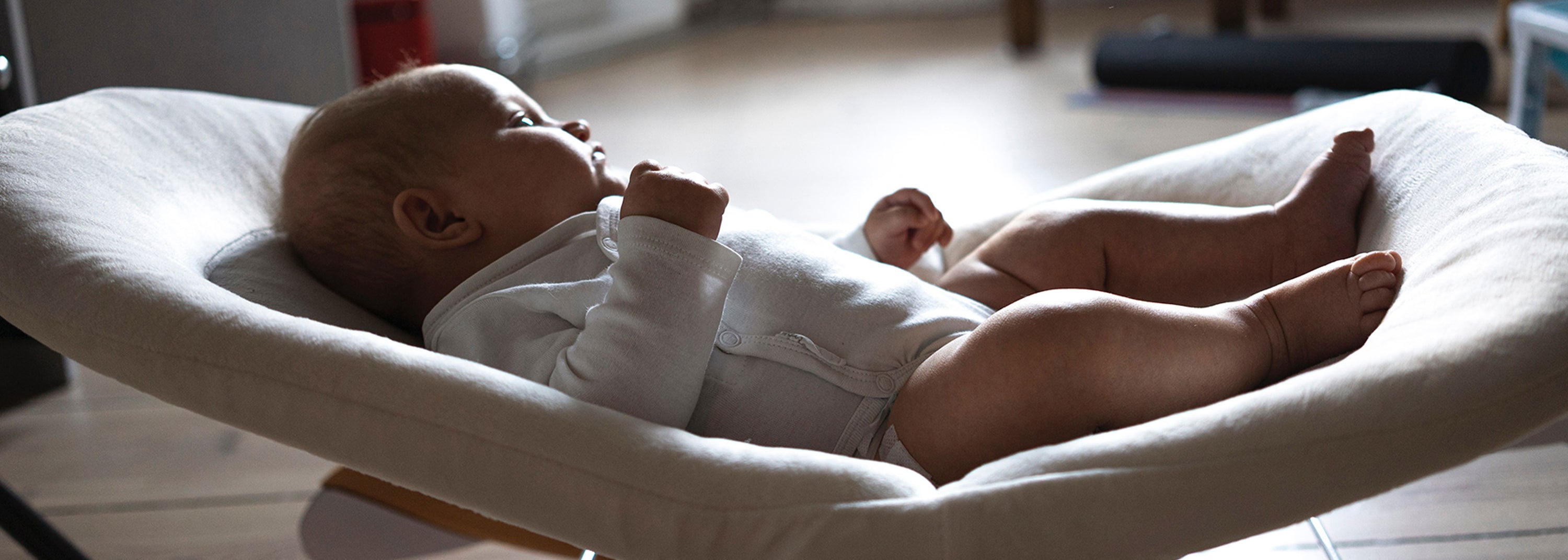Home
Pregnancy & Breastfeeding Tips for New Moms: Preconception, Pumping & Parenting Support
Meet Your Child’s Milestones With the MomMed Baby Scale

Meet Your Child’s Milestones With the MomMed Baby Scale
It's human nature to want to breed. Children are the future, and without them, what is the point of living? Therefore, it seems apt that we want the best for them. We want to give them a loving home and protection, feed them the best, and ensure they grow up to be healthy and outstanding individuals.
As a young parent, how do you begin to take care of a baby? Well, a newborn needs a few basic things: love, food, and rest. Whether you start your kid off with breastmilk or formula, a healthy weight is crucial.
What Denotes a Healthy Weight for Babies?
Doctors will keep track of your baby's weight, length, and head circumference from birth. A healthy child generally shows steady growth following these three parameters. With that said, babies can be big or small, depending on their genetics, birth order, mother's health and nutrition during pregnancy, and if they are of multiple births.
In the first week, babies tend to lose between 7-10% of their weight. Most of this is extra fluid, and it's nothing to worry too much about. In general, healthy newborns grow at about 30 grams a day. In the first few months, they will go through growth spurts, periods where they feed more and rapidly gain weight.
How Can You Tell if Your Baby Is Underweight?
Babies born at term are considered underweight if they measure in the fifth percentile or less according to weight-for-age graphs. Preemies and newborns with certain health conditions will follow different curves, and it's vital to seek additional advice from your pediatrician for these special cases.
If your baby seems to be growing at a slower rate than what you're expecting, you'll want to monitor the following:
Number of feeds a day
Breastfed newborns nurse around eight times a day, whereas formula-fed ones eat less frequently. If your baby seems underweight, you'll need a routine set up, with perhaps an alarm to even rouse the sleeping baby for feeding sessions.

Amount of milk baby consumes
It's easier to monitor how much milk your newborn consumes if you pump or use formula. Breastfeeding mothers who nurse directly will find this challenging, but babies who are full will seem satisfied. If they're still fidgety after a feed, they might not be getting enough.
Number of daily wet diapers
In the first few days, a baby will only wet about one or two diapers a day. This number will go up to between six and eight after the third day.
Number of daily bowel movements
Depending on what you feed your baby, poop color and consistency will differ. Newborns usually soil their diapers around five times a day when they're a week old.
Introducing a Revolutionary Product: The MomMed Baby Scale
If monitoring your newborn's feeds and dirty diapers doesn't ease your worry, the MomMed baby scale surely will. With this revolutionary product at home, you won't have to wait for visits to the pediatrician to find out if your child is putting on weight accordingly.
Benefits of Owning a MomMed Baby Scale
MomMed's baby scale comes with a range of benefits that make it a must-have for new parents anywhere.
Suitable for use from birth to adulthood
The scale's measuring range goes from 50 grams to 100 kilograms. This means that it's suitable for newborns, toddlers, adults, and even pets.
Featuring tare and hold functions
MomMed's scale comes complete with tare and hold functions that assist with active babies and weight measurements that include diapers and blankets.
Includes a handy tray for newborns
You'll fall in love with the intelligent design of the scale, as it features a removable tray to hold your baby safe. When you're weighing a toddler or yourself, simply detach it.
Provides accurate and precise readings
This accurate baby scale will give you readings at a 10-gram precision, and this is its primary selling point. This feature will ease your mind between doctor visits and inform you of any weight issues.
Great for weighted feeds
Mothers who nurse their babies directly will find this scale irreplaceable as it's excellent for weighted feeds. Moms can easily determine how much their babies consume by weighing them before and after nursing. This way, there is no need for mothers to turn to pumping just to monitor how much milk was drunk.
What Else Does a Baby Need?
Babies are tiny, but they sure need a lot of equipment. Aside from making sure they are feeding well, you'll also want to give them the best sleeping environment. This means a comfortable and safe crib and mattress, sheets, and receiving blankets. Babies need all the rest they can get because growing is very energy-consuming!
As your baby gets older, you'll need to think about baby-proofing the home. This way, curiosity won't put them in danger. Naturally, the most crucial thing to give your baby is love. Understand that the tiredness is temporary, and the chuckles make everything worthwhile.


